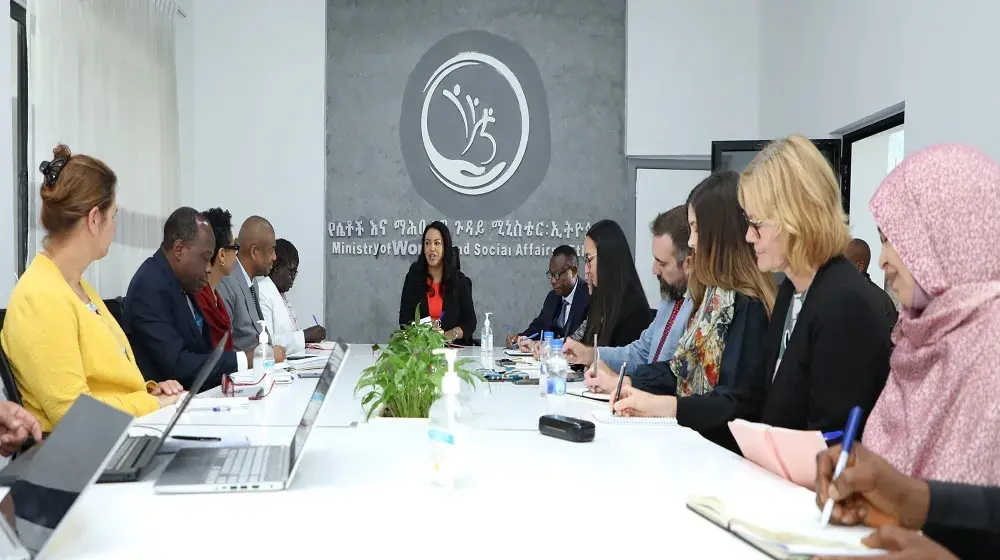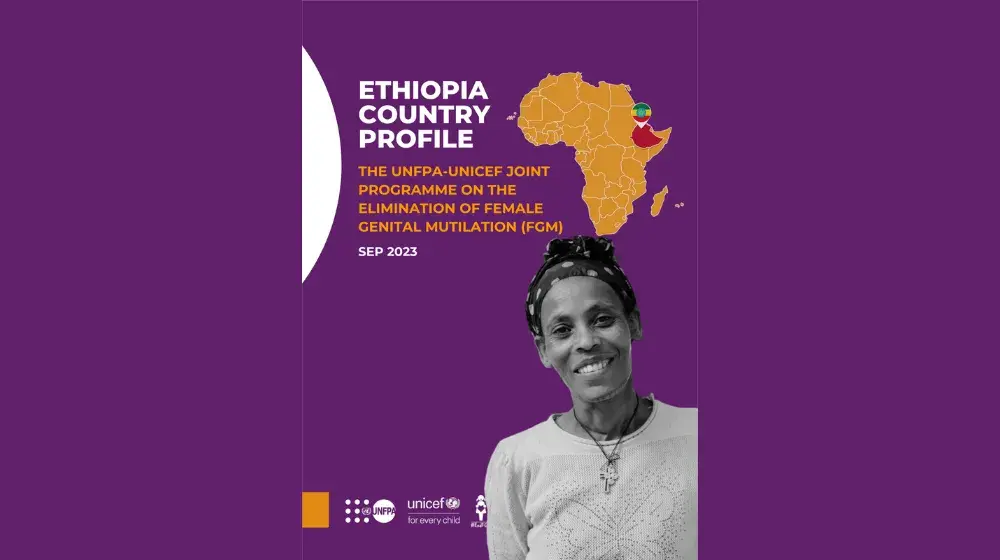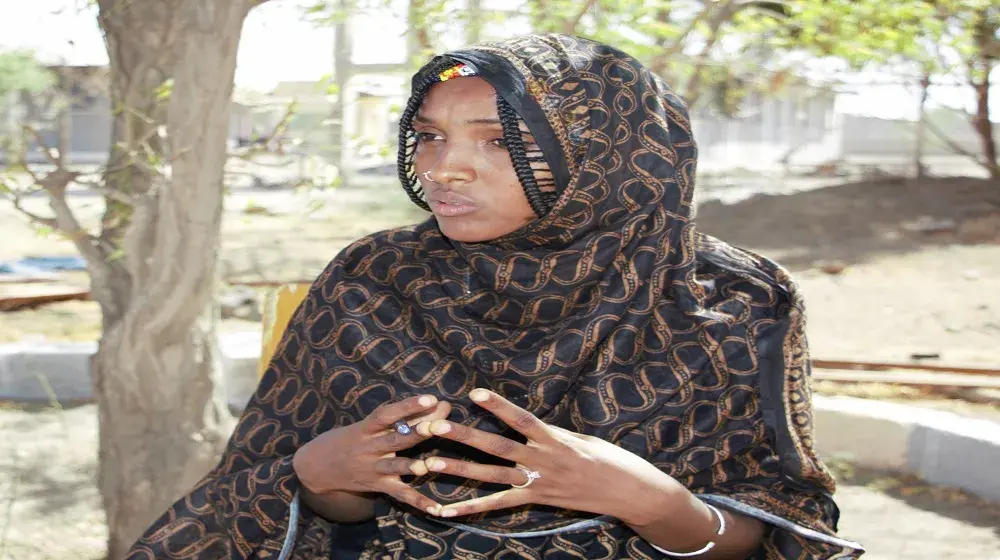JOINT PRESS RELEASE
UNFPA and UNICEF in Ethiopia call for renewed commitment to end female genital mutilation in Ethiopia
Addis Ababa, 06 February 2021 – As the world observes International Day of Zero Tolerance against female genital mutilation (FGM), under the theme, “No Time for Global Inaction: Unite, Fund, and Act to End female genital mutilation,” UNFPA and UNICEF call for the accelerated implementation of the National Costed Roadmap to End Child Marriage and Female Genital Mutilation amid fears of an increase in harmful practices due to the COVID-19 pandemic.
UNFPA estimate two million additional cases of female genital mutilation are likely to occur globally as a result of the COVID-19 pandemic. Efforts to end FGM have been complicated by the COVID-19 pandemic, with many countries experiencing a “crisis within a crisis” due to an increase in female genital mutilation and other forms of gender-based violence.
In Ethiopia, 25 million girls and women have undergone FGM, the largest absolute number in Eastern and Southern Africa. Yet, attitudes towards this practice are shifting: more than 7 in 10 girls and women oppose the continuation of the practice.With less than a decade left to achieve SDG target 5.3 to eliminate all harmful practices, eliminating female genital mutilation necessitates gender-transformative approaches that tackle the structures, policies and harmful gender norms that perpetuate the practice especially amid the COVID-19 pandemic.
"The pandemic is threatening the gains we have made over the last two decades in the elimination of FGM, a practice violating women’s rights to sexual and reproductive health, physical integrity, non-discrimination and freedom from cruel or degrading treatment,” says Dennia Gayle, UNFPA Representative to Ethiopia. FGM serves no medical purpose, and it often leads to serious implications on the sexual and reproductive health of women and girls who are sujected to it. FGM is not only a vicious practice rooted in gender inequality, but it inhibits girls and women and blocks them from unleashing their potential.”
“FGM is internationally recognized as a violation of the rights of women and girls, therefore, it is imperative to keep advocating with the Government of Ethiopia and the civil society to put an end to this harmful practice,” she adds.
Although progress in ending FGM has been faster than other high-prevalence countries in Eastern and Southern Africa, UNICEF estimates that eliminating FGM by 2030 in Ethiopia will require progress to be eight times faster than has been the case in the last 15 years.
“During the COVID-19 pandemic, girls are at higher risk of undergoing female genital mutilation, as existing gender inequalities are exacerbated and lead to an increase in gender-based violence,” says UNICEF Representative in Ethiopia Adele Khodr. “Now is the time for all stakeholders in Ethiopia to uphold their commitment to finance and implement the National Costed Roadmap to End Child Marriage and Female Genital Mutilation. The Plan embodies Ethiopia’s ambitious intent to end female genital mutilation by 2025 but this cannot be realized without the renewed commitment of everyone – the government, civil society, donors, religious leaders, grass-roots organizations, parents, boys, and girls.”
In 2019, the Government of Ethiopia, with the support of UNICEF and UNFPA, launched the National Costed Roadmap to End Child Marriage and Female Genital Mutilation. The roadmap outlines the key strategies, interventions, and milestones towards eliminating FGM in Ethiopia.
UNFPA and UNICEF call for a strong stand to ensure the implementation of the roadmap to protect women and girls across Ethiopia from all harmfoul practices and enable them to reach their full potential in health, education and income.
About UNICEF
UNICEF promotes the rights and wellbeing of every child, in everything we do. Together with our partners, we work in 190 countries and territories to translate that commitment into practical action, focusing special effort on reaching the most vulnerable and excluded children, to the benefit of all children, everywhere.
For more information about UNICEF and its work visit: www.unicef.org/ethiopia
About UNFPA
UNFPA is the lead UN agency for delivering a world where every pregnancy is wanted, every childbirth is safe and every young person’s potential is fulfilled. UNFPA reaches millions of women and young people in 155 countries and territories. UNFPA remains strongly committed to engaging with Member States, civil society, UN agencies and all other stakeholders to accelerate the elimination of FGM worldwide. Protecting girls upholds their sexual and reproductive health and rights, and enables them to realize their full potential.
For more information about UNFPA and its work visit: http://ethiopia.unfpa.org/
For further information, please contact:
Wossen Mulatu, Communication Officer, UNICEF Ethiopia, Tel.: +251 115 184028, Mobile: +251 911 308483, email: wmulatu@unicef.org
UNFPA contact:
Abraham Gelaw, Communication Officer, UNFPA ; Tel. : +251-911-488627 ; email: gelaw@unfpa.org





